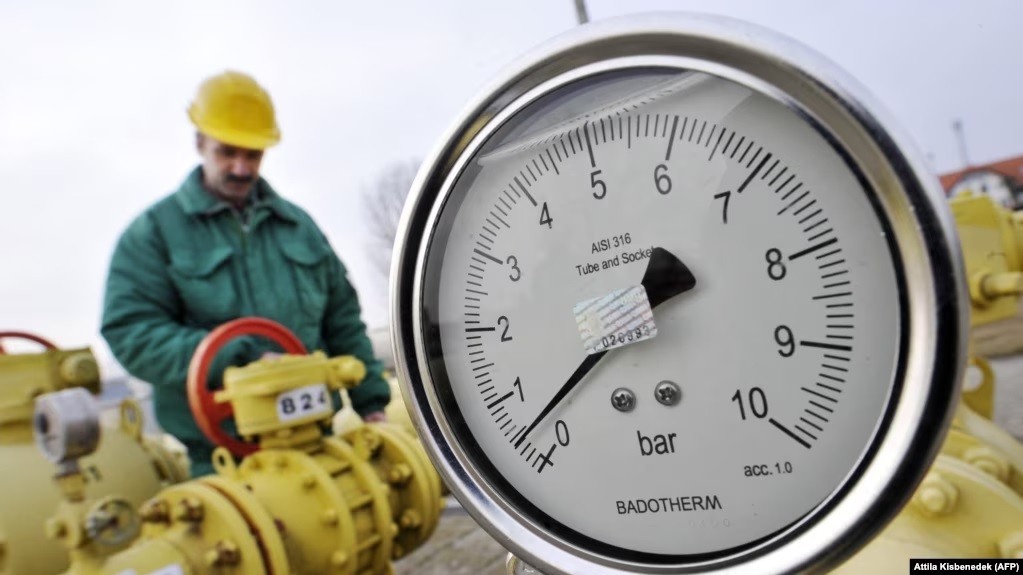 |
| Austria insists that buying Russian gas is necessary to ensure energy security. (Source: AFP) |
World economy
Global trade finance shortfall of $2.5 trillion by 2022
The Asian Development Bank (ADB) released its latest survey results on September 5, showing that the global trade financing gap has widened to a record $2.5 trillion in 2022, compared to $1.7 trillion in 2021, as continued restrictions reduce banks' resources.
The shortage is increasing as the global economy is still struggling to recover from the pandemic, said ADB Private Sector Director General Suzanne Gaboury.
The survey is the world's leading source of trade finance data, based on data from 137 banks and 185 companies from around 50 economies.
Survey respondents said they continued to face constraints on access to finance last year due to rising interest rates and financial market volatility, amid slowing global economic growth and geopolitical uncertainty.
According to the survey, the strong economic recovery after the Covid-19 pandemic will cause global exports to grow by 26.6% and 11.5% in 2021 and 2022, respectively, leading to increased demand for trade finance, accompanied by greater economic risks.
The latest survey focuses for the first time on environmental, social and governance issues as well as digitalisation to assess the impact on related supply chains and the extent of trade finance gaps.
Most banks and companies surveyed believe that linking governance and social issues can help reduce the trade finance gap.
The top supply chain challenge cited by the surveyed companies was insufficient financial support. They identified access to adequate finance, reliable logistics and the use of digital technology as the three most important components of a resilient supply chain. (VNA)
US economy
* The three US stock indexes closed lower on September 6 , after stronger-than-expected service sector data raised concerns that inflation would remain high, meaning interest rates would continue to rise.
The Dow Jones Industrial Average fell 198.78 points, or 0.57%, to close at 34,443.19. The S&P 500 lost 31.35 points, or 0.7%, to 4,465.48 and the Nasdaq Composite dropped 148.48 points, or 1.06%, to 13,872.47.
The Institute for Supply Management said on September 6 that its non-manufacturing purchasing managers index rose to 54.5 last month, compared with the forecast of 52.5. (Reuters)
Chinese Economy
* China's total service imports and exports hit a record $889.1 billion in 2022, up 8.3% year-on-year and maintaining its position as the world's second-largest market for the ninth consecutive year.
The information was released in the 2022 China Service Trade Development Report, compiled under the leadership of the country's Ministry of Commerce. In the first half of 2023, the Northeast Asian country's service sector accounted for 56% of its gross domestic product (GDP), contributing 66% to economic growth. 70% of foreign investment in China was in the service sector. (THX)
* China's passenger car exports to Russia in July hit $1 billion for the second consecutive month and hit a record high, Chinese customs data showed.
In July, China's passenger car exports to Russia reached a record $1.06 billion (up from $1.03 billion in June). Russia remains China's main car buyer, accounting for 16.8 percent of the country's total car exports. (VNA)
European Economy
* The European Union (EU) on September 6 announced a list of technology corporations, including Apple, Meta, the group that owns Facebook, and ByteDance, the parent company of TikTok, that will face strict new restrictions on how they operate.
The announcement marks a major step forward in implementing the Digital Markets Act (DMA), which aims to force the largest corporations to change the way they operate, thereby creating a fairer market.
The European Commission has named 22 “core platform” apps belonging to five US tech giants considered “gatekeepers”: Alphabet, the parent company of Google, Amazon, Apple, Meta and Microsoft, along with China’s ByteDance. The apps and services in question must be fully DMA compliant by March 6, 2024.
An app is considered a "gatekeeper" when it has more than 45 million monthly users and more than 10,000 business users established in the EU each year . (AFP)
* On September 5, an EU official said that the European Commission (EC) has proposed implementing a long-term EU gas purchasing plan , after actual demand exceeded expectations in the first tenders of this policy to avoid dependence on energy from Russia.
The EU launched a joint gas purchasing scheme this year after Russia cut gas supplies to Europe in 2022, pushing energy prices in Europe to record highs.
The temporary joint purchasing scheme is due to expire in December, but the Commission has proposed making it permanent as part of a broader overhaul of EU gas market rules. Participation in the joint purchase would be voluntary, but if the EU were to face a fuel supply crisis, joint purchasing would become mandatory to avoid competition between EU countries. (VNA)
* The Group of Seven (G7) and its allies have not yet reassessed their plans to cap prices on Russian oil amid rising global crude prices, informed sources said.
The G7, together with the EU and Australia, imposed a price ceiling of $60 per barrel on Russian oil in December 2022. In February 2023, the group continued to impose a price ceiling of $45 per barrel on heavy fuels and $100 per barrel on light fuels such as gasoline and diesel from Russia.
Initially, the EU countries agreed to review the price cap every two months and adjust it if necessary, while the G7 would review it “as appropriate,” including implementation and compliance with the plan. However, the G7 has not reviewed the price cap since March 2023. Four sources familiar with G7 policy said the group has no immediate plans to review the plan. (Reuters)
* Speaking on ORF television on September 4, Austrian Chancellor Karl Nehammer said that buying Russian gas is necessary to ensure the country's energy security. Mr. Nehammer said: "Our top priority is to ensure energy security. And it is my duty, as Chancellor, to do that."
In June 2018, an agreement was signed to extend the contract between Gazprom Export LLC and OMV Gas Marketing & Trading GmbH to supply Russian natural gas to Austria until 2040.
OMV chief Alfred Stern previously stated that OMV would continue to buy Russian gas under the contract as the company is not subject to EU sanctions. According to the European Network of Gas Transport System Operators (ENTSOG), in July 2023, 66% of Austria's gas imports came from Russia. (VNA)
* Romanian company Vestmoldtransgaz has received the right to manage Moldova's gas transmission system for 5 years . The lease contract has been signed with Moldovagaz's subsidiary Moldovatransgaz.
According to the terms of the agreement, Vestmoldtransgaz will also receive contracts for the maintenance of Moldova's gas transit system. To become effective, the contracts must be approved by the Moldovan National Energy Regulatory Authority (ANRE). (VNA)
* After three years of heavy spending to cope with the Covid-19 pandemic and the fallout from the conflict in Ukraine, Germany is planning to impose wide-ranging cuts in its new budget . Finance Minister Christian Lindner has declared his determination to reduce debt at any cost.
On the morning of September 5, the German Government presented its draft budget for 2024 to the National Assembly. The draft budget includes 445 billion Euros (480 billion USD) for 2024, about 30 billion Euros less than in 2023 but still about 90 billion Euros more than in 2019. With the expected budget for 2024, most ministries and sectors will have to save more than this year . (TTXVN)
Japanese and Korean Economy
* The yen fell to a 10-month low against the dollar even after Japan issued its strongest warning about sharp swings in its currency in weeks, raising the possibility of government intervention if the slump persists.
Speculative moves are visible in the foreign exchange market, said Masato Kanda, Japan's vice finance minister for international affairs, warning that the government is ready to act if necessary.
The comments briefly pushed the yen to 147.37 per dollar as traders weighed the risk of Tokyo intervening in the market for the first time since October 2022. (Bloomberg)
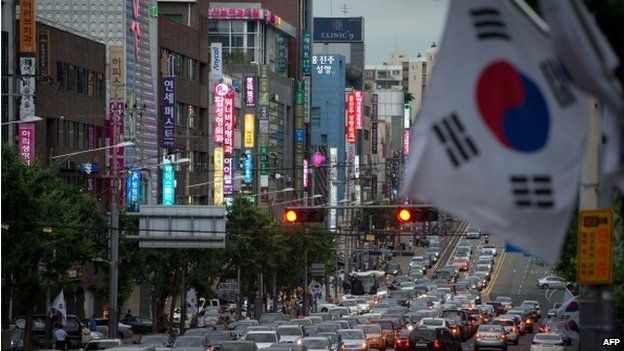 |
| South Korea's economy regains growth momentum, although growth remains low. (Source: AFP) |
* The Bank of Korea (BoK) said that the country's real GDP in the second quarter of 2023 increased by 0.6% compared to the first quarter, while nominal GDP increased by 0.9%. Thus, for two consecutive quarters, the Korean economy has regained growth momentum, although the growth rate is still low.
In the fourth quarter of 2022, South Korea's GDP decreased by 0.3%, then returned to growth of 0.3% in the first quarter of this year.
South Korean Deputy Prime Minister and Finance Minister Choo Kyung-ho said in a statement the same day that the Korean economy is on the path to recovery, thanks to continued signs of improvement in exports. (Vietnam News Agency)
* The South Korean government has decided to spend a record budget in 2023 to promote seafood consumption , amid public concerns about the safety of seafood after Japan discharged treated wastewater from the Fukushima nuclear power plant into the sea.
South Korea's cabinet has approved a plan to raise an additional 80 billion won ($60.36 million) from reserves this year to issue coupons and hold various promotional events to encourage people to buy more seafood and better support the fishing industry. This year's budget, along with the 64 billion won the government has already spent to boost seafood consumption, marks the largest ever for such a purpose. (Yonhap)
ASEAN Economy and Emerging Economies
* On September 5, the ASEAN-Indo-Pacific Forum (AIPF) was held within the framework of the 43rd ASEAN Summit series taking place from September 5-7 in Jakarta, Indonesia.
In his opening remarks, Indonesian President Joko Widodo said that in the context of a weakening global economy, ASEAN has demonstrated its resilience and continued to grow far beyond the global growth rate and other regions. With a population of 680 million, ASEAN is also a potential market with many promising investment opportunities.
However, according to the above leader, ASEAN cannot avoid global challenges and increasingly fierce geopolitical competition, especially the potential risk of conflict in the Indo-Pacific. (VNA)
* Speaking at a press conference following the ASEAN Business and Investment Summit within the framework of the 43rd ASEAN Summit, Minister of Foreign Trade of the United Arab Emirates (UAE), Dr. Thani Al Zeyoud on September 5 said that as the economic center of gravity continues to shift to the East, the UAE and ASEAN can form a new, stronger corridor of opportunities, directing capital flows to high-growth sectors, developing solutions for food security and energy transition, and creating clusters of excellence in the industries of the future.
“The UAE Comprehensive Economic Partnership Agreement (CEPA) with its partners, which includes the completed agreements with Indonesia and Cambodia, as well as the launch of negotiations with Thailand, Vietnam and Malaysia, underscores the UAE’s confidence in these economies – and their role in bringing a new future to Asia,” said Minister Thani Al Zeyoud. (VNA)
* On September 5, speaking at the opening session of the 43rd ASEAN Summit held in Jakarta, Indonesia, Singaporean Prime Minister Lee Hsien Loong emphasized that economic integration must continue to be the focus of ASEAN and efforts to develop new growth areas for the bloc need to be accelerated.
The head of the Singapore government called on ASEAN leaders to continue strengthening the region's resilience in the face of emerging challenges. (VNA)
Source


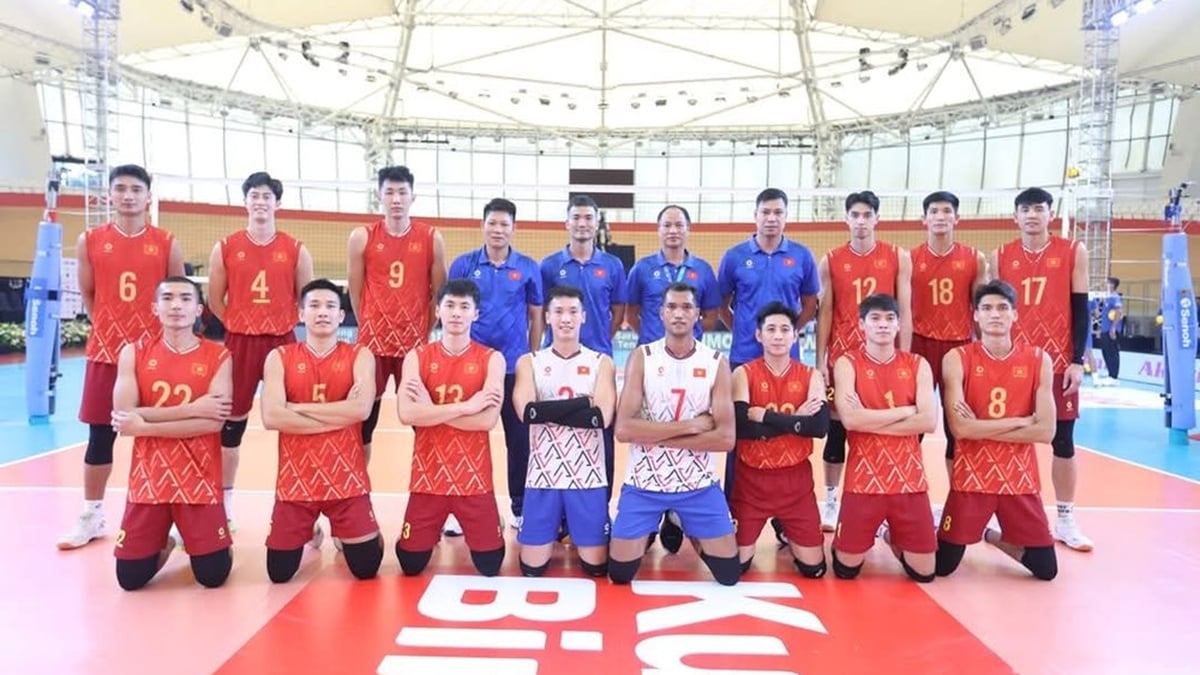
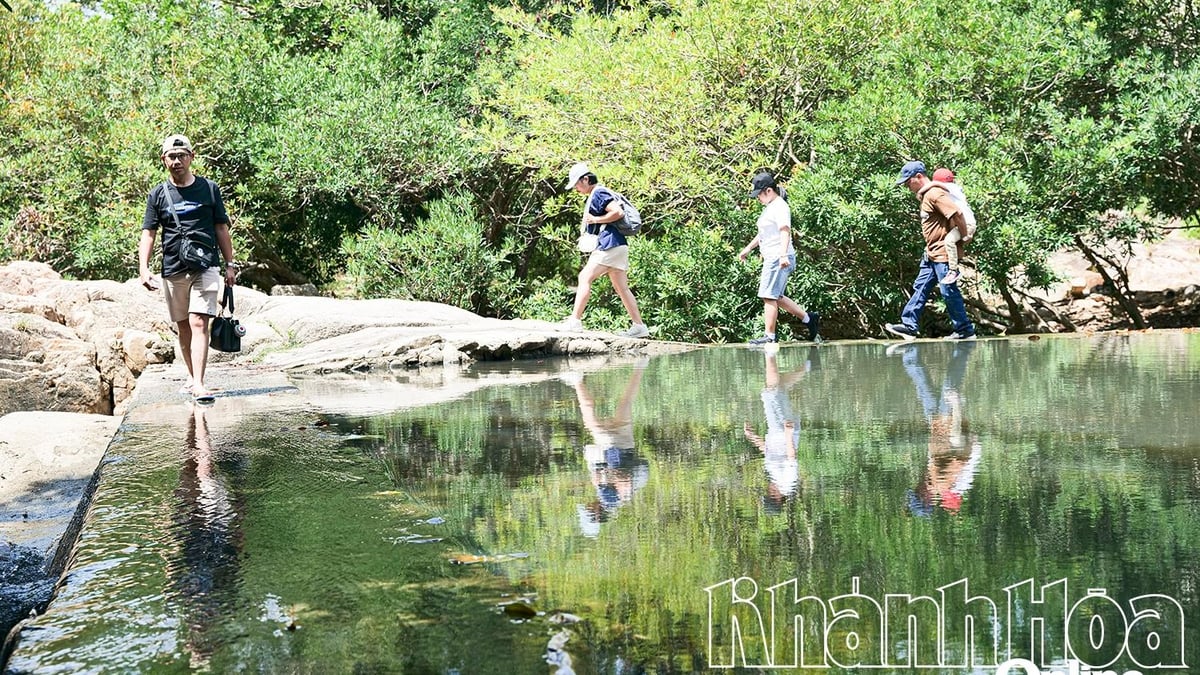
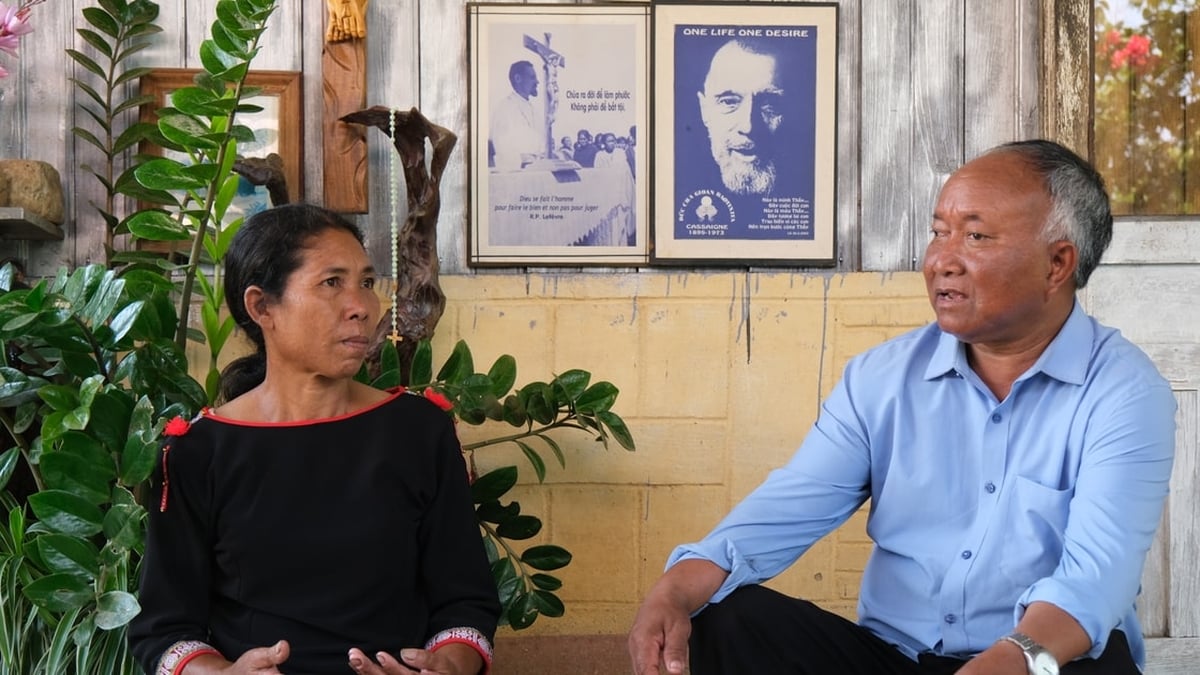
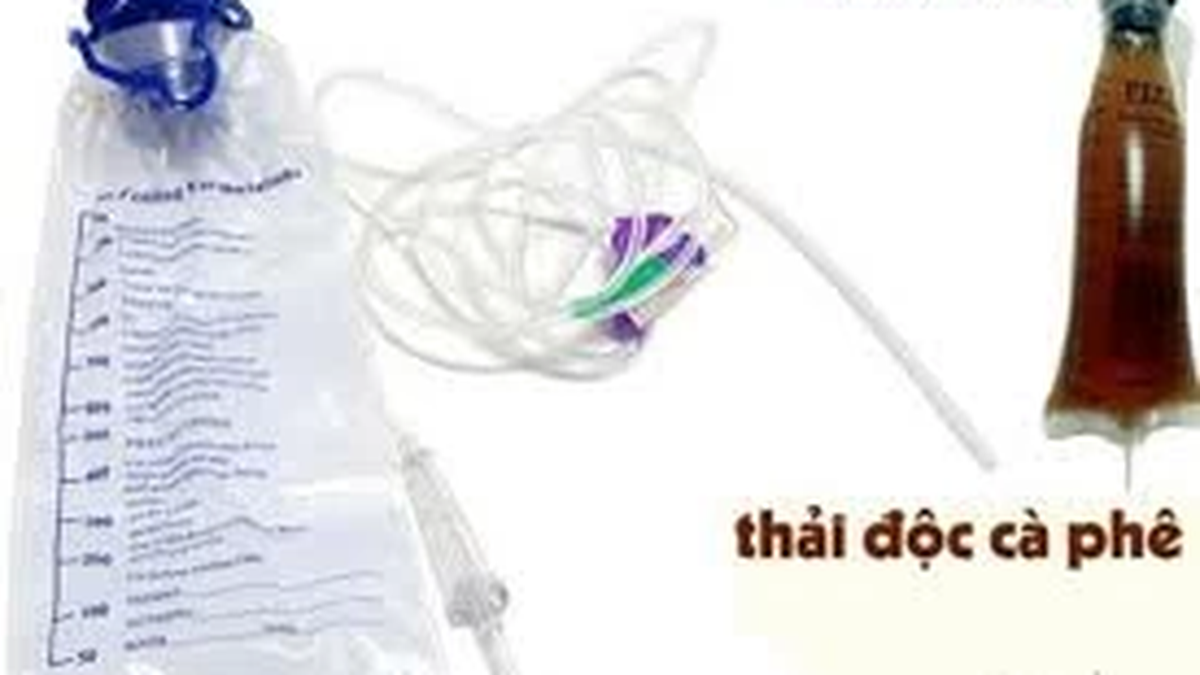

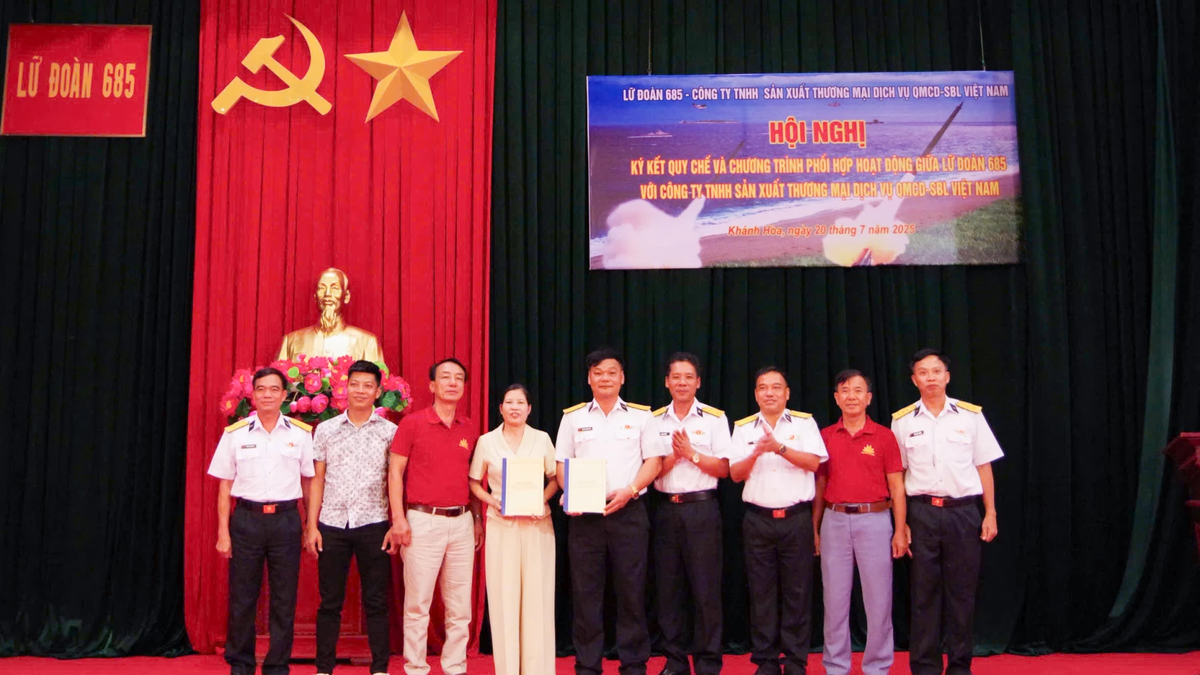
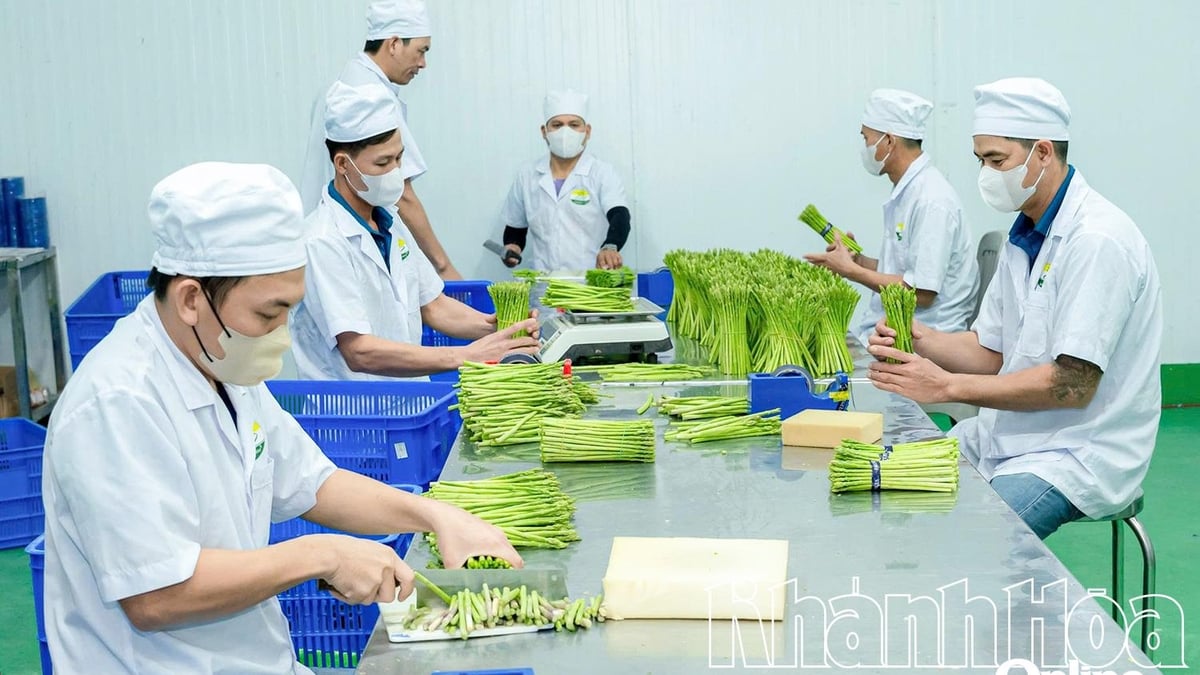

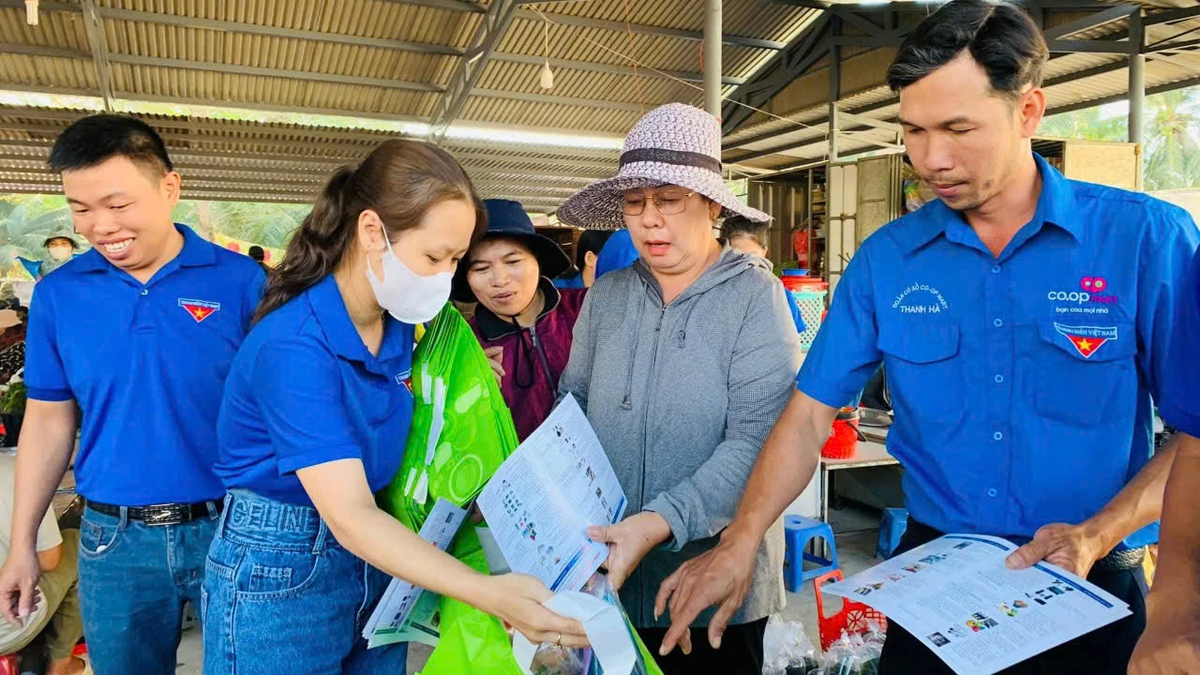

















![[Photo] National Assembly Chairman Tran Thanh Man visits Vietnamese Heroic Mother Ta Thi Tran](https://vphoto.vietnam.vn/thumb/1200x675/vietnam/resource/IMAGE/2025/7/20/765c0bd057dd44ad83ab89fe0255b783)




































































Comment (0)